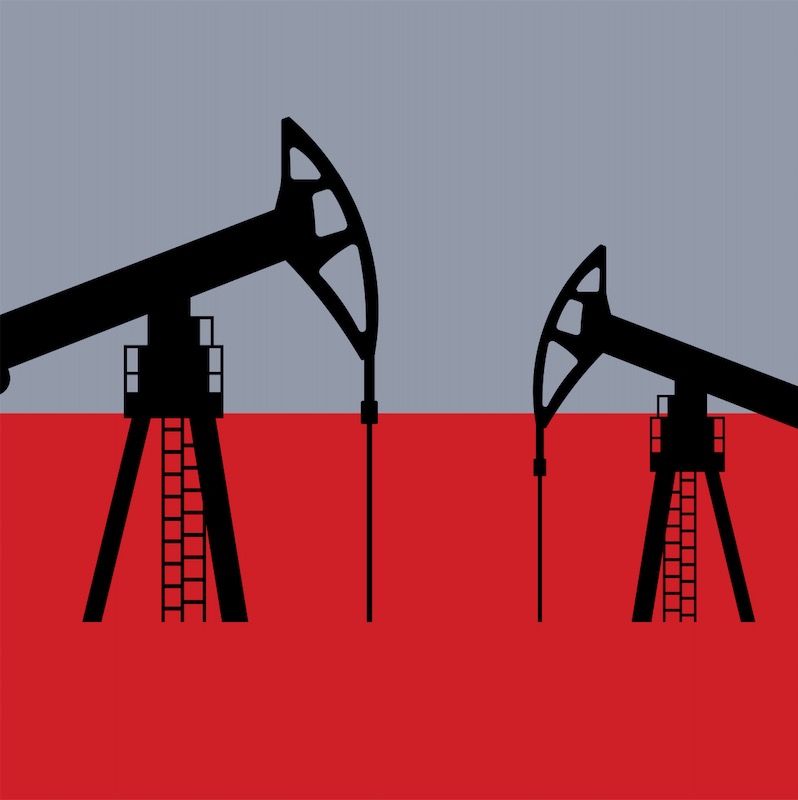September 14
OPEC
OPEC, or the Organization of Petroleum Exporting Countries, was formed on Sept. 14, 1960. It is a perfect example of a cartel, which is an organization designed to reduce competition and thereby increase profits and prices. Until recently, many people believe we were running out of oil, and the United States was being held hostage to OPEC countries who held the key resources necessary for our prosperity. Four dollar a gallon gasoline was believed to be just the start. Then came the invention and improvement of fracking techniques in the United States. Today, oil is at its long-term average (since 1946) inflation-adjusted price. And that price seems to be sticky. Producers in the United States are able to adjust their production effectively, raising production when prices start to go up, and lowering it when they go down. As a result, the OPEC cartel has lost a lot of its ability to determine world prices, and thereby the world economy. OPEC is far from the only example of cartel-like organizations. Many guilds exist, which use the power of government to regulate entry and control prices in a variety of ways. Certell’s Common Sense Economics materials include a video from the Institute for Justice, on how many ways the government makes it difficult to start a new line of work. While on a much smaller scale than OPEC, the same cartel or cartel-like activity is at work, stifling innovation and keeping down the little guy. As you learn about OPEC and watch these videos, think about who benefits from cartels, and who pays.
Questions:
- Is it a good thing that we are less dependent on Middle Eastern and OPEC oil? How will that affect the long-term security of the United States, and the rest of the world?
- In thinking about cartels and restrictions on entry into work and business, what arguments do you think are made by those favoring such laws? (It is doubtful they argue their own self-interest). How might we challenge those arguments?
